-

Perseid meteor shower, one of the most dramatic of the year, is underway
One of the best meteor showers of the year is underway, offering a chance to see shooting stars in the summer night sky.
-

The world's oldest wine has been discovered with an unexpected extra ingredient — a man's ashes
Although the liquid has a reddish hue, chemical analysis established that “the wine contained in the urn was white,” according to new analysis published this week.
-

New research explores how a short trip to space affects the human body
NASA and others have long studied the toll of space travel on astronauts, including yearlong residents of the International Space Station, but there’s been less attention on space tourists.
-

Strange planets: ‘Puffy Jupiter' among new worlds found beyond our solar system
The universe holds untold wonders, including a pair of far-away planets that seem a lot like two in our solar system, but with atmospheric twists. Scientists at MIT are part of a team that recently unveiled two newly discovered alien worlds in our Milky Way galaxy: one billed as a “puffy Jupiter,” with the consistency of cotton candy, and another…
-
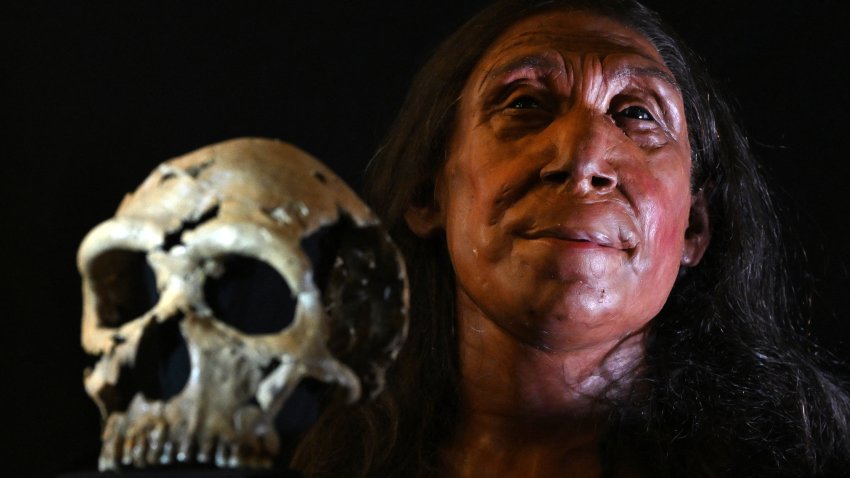
Face of a 75,000-year-old Neanderthal woman revealed by scientists
The reconstructed face is closer than expected to that of modern-day humans, meaning it’s “perhaps easier to see how interbreeding occurred,” experts said.
-
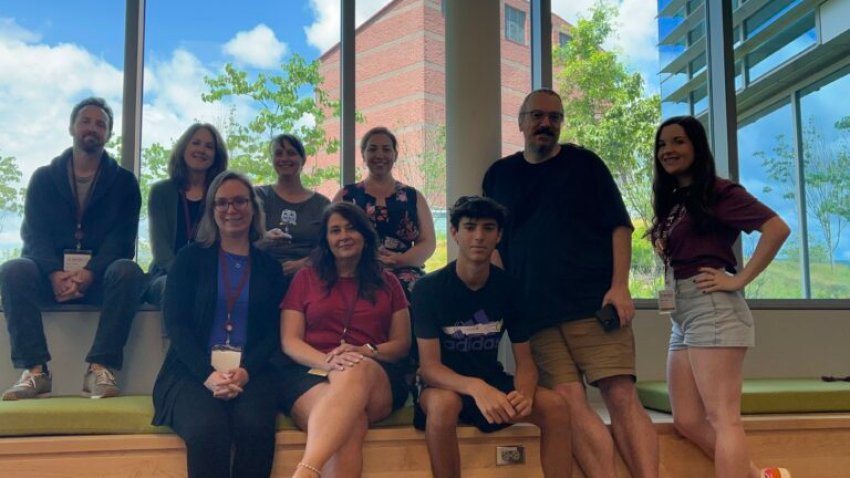
Jawbone found by rock-collecting child identified as U.S. Marine who died in 1951 training accident
A jawbone discovered two decades ago in Arizona by a boy with a rock collection was positively identified as belonging to a U.S. Marine who died in a 1951 training accident decades later.
-
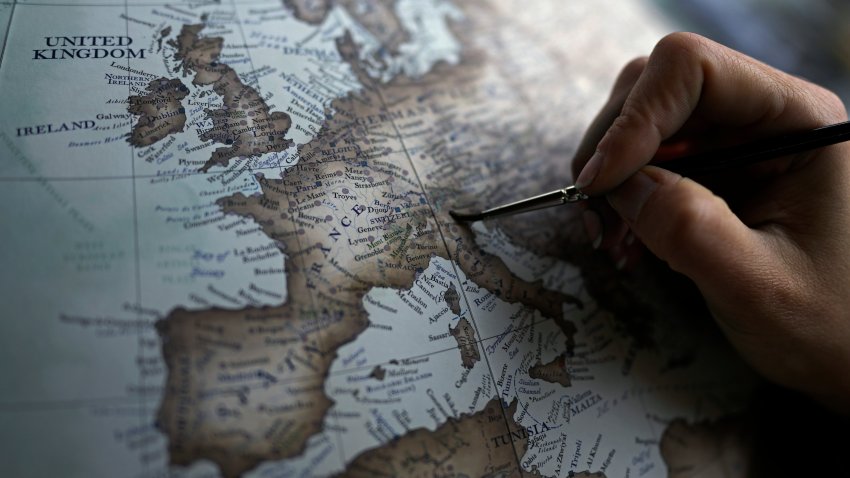
More than a sphere: Why people still buy globes in the age of technology
In the age of Google Earth, watches that triangulate and cars with built-in GPS, there’s something about a globe — a spherical representation of the world in miniature — that somehow endures
-
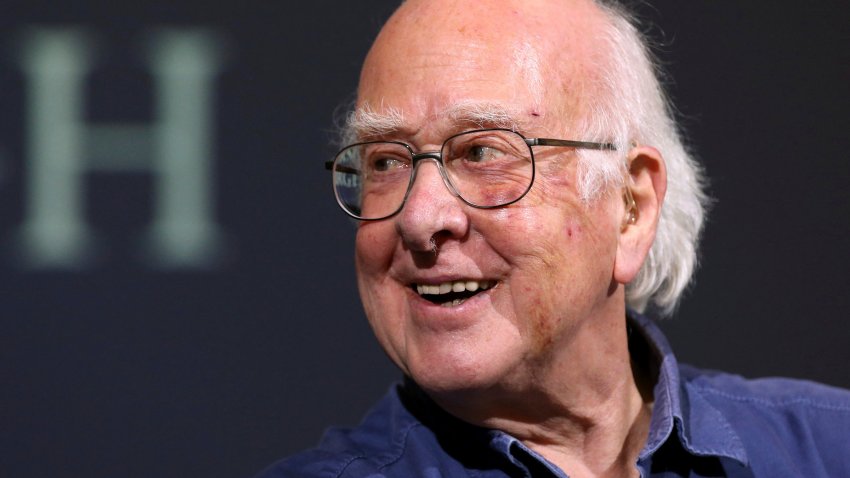
Peter Higgs, who proposed the existence of the ‘God particle' has died at 94
The University of Edinburgh says Nobel prize-winning physicist Peter Higgs, who proposed the existence of the Higgs boson particle, has died at 94.
-
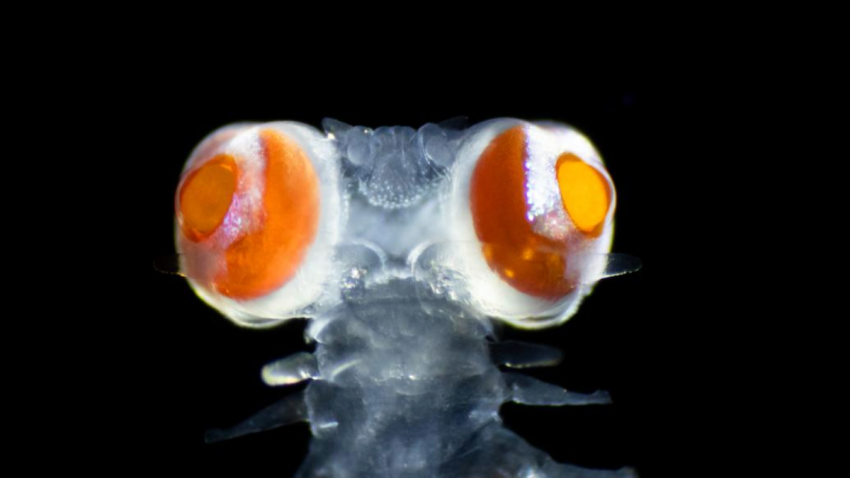
Newly discovered nocturnal marine worm has eyes as sharp as mammals
A tiny nocturnal worm native to the Mediterranean Sea has eyes as sharp as mammals, according to neuro and marine biologist Anders Garm from the University of Copenhagen’s Department of Biology.
-
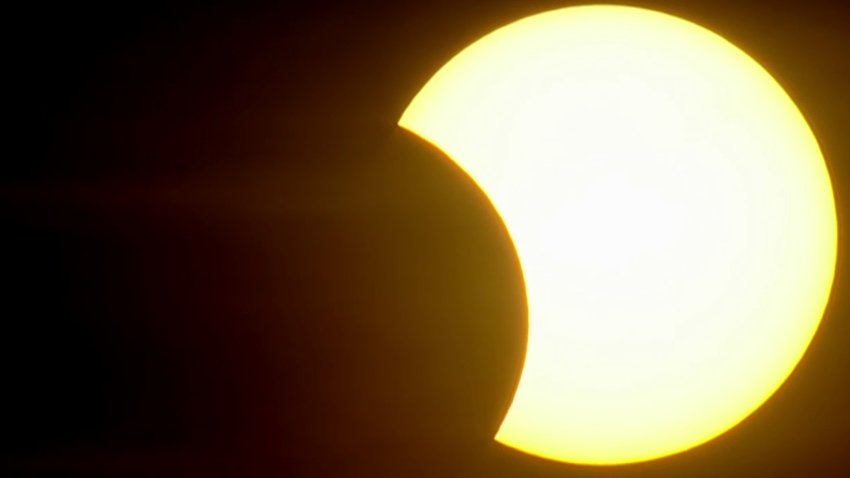
Why do clouds disappear during a solar eclipse?
Shallow cumulus clouds tend to disappear early on in a solar eclipse. Scientists think they now know why.
-
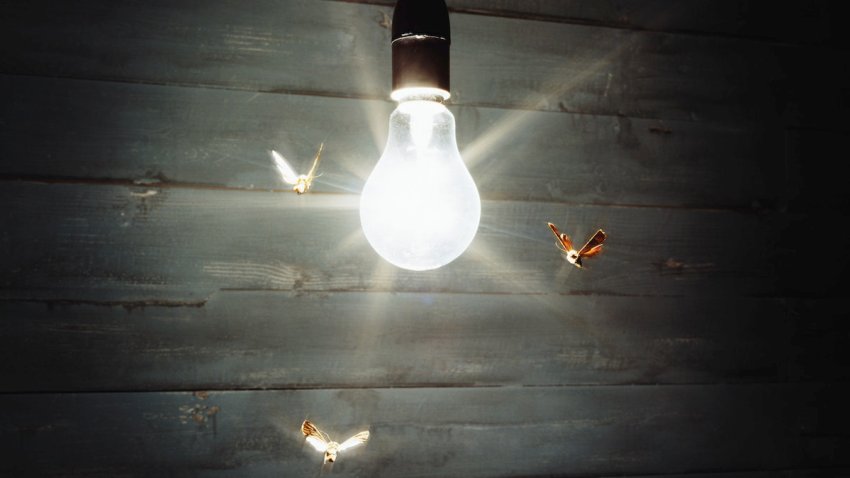
Are insects drawn to light? New research shows it's confusion, not fatal attraction
Many scientists have long assumed that moths and other flying insects were simply drawn to bright lights. But a new study suggests that’s not exactly what’s going on. Rather than being attracted to light, researchers believe that artificial lights at night may actually scramble flying insects’ innate navigational systems. This cause them to flutter in confusion around porch lamps, street...
-

Billions of cicadas will emerge in the US this year in a rare double-brood event
This year’s dual emergence is a rare, synchronized event that last occurred in 1803.
-
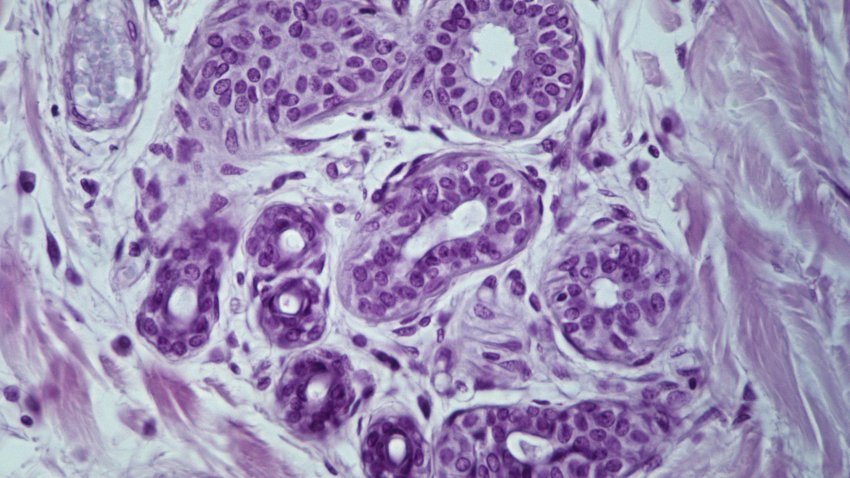
Can your sweat turn blue?
Chromhidrosis is a disorder of the sweat glands that manifests with colored sweat on the face, in the underarms, or on the areola of the breasts.
-

Study says climate change and rising temperatures may increase drug and alcohol disorders
Researchers at Columbia University studied data from alcohol-related and substance-related hospital visits in New York State over 20 years.
-
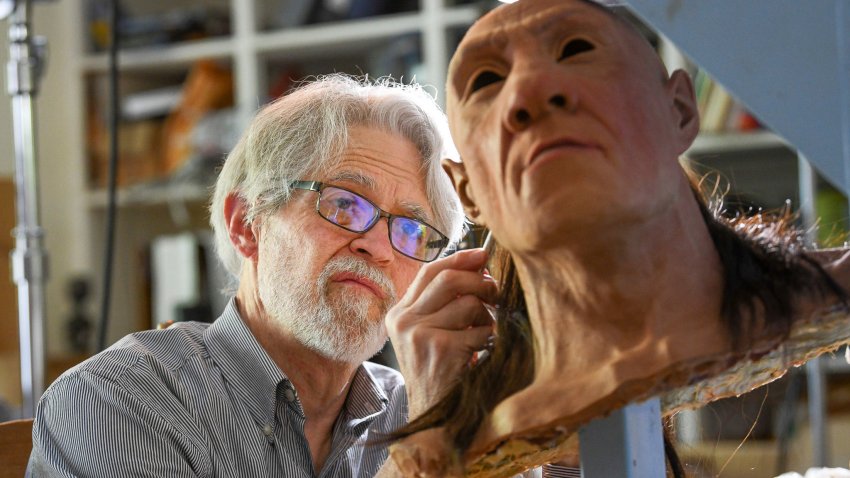
How ancient DNA analysis is unraveling our shared history with other kinds of humans
Scientists started to realize all these hominins weren’t our direct ancestors. Instead, they were more like our cousins: lineages that split off from a common source and headed in different directions
-
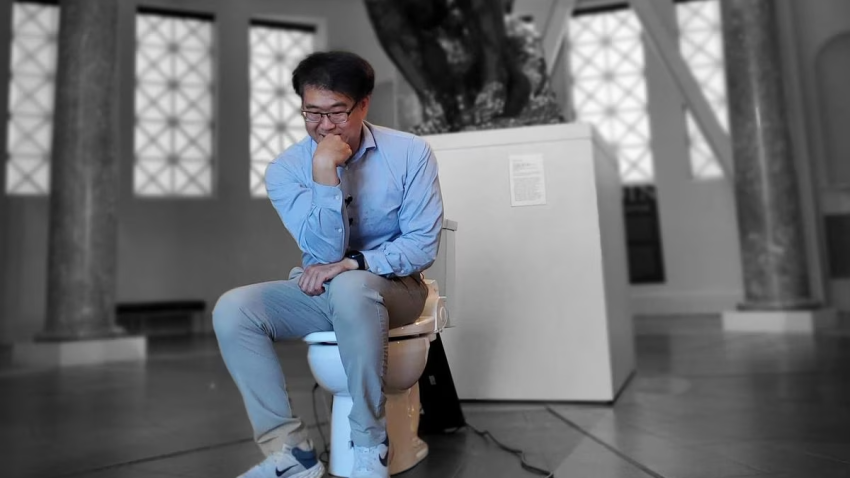
From cyborg spiders to licking rocks, here's what topped this year's Ig Nobels for weirdest scientific feats
Among the winners was Jan Zalasiewicz of Poland who earned the chemistry and geology prize for explaining why many scientists like to lick rocks.
-
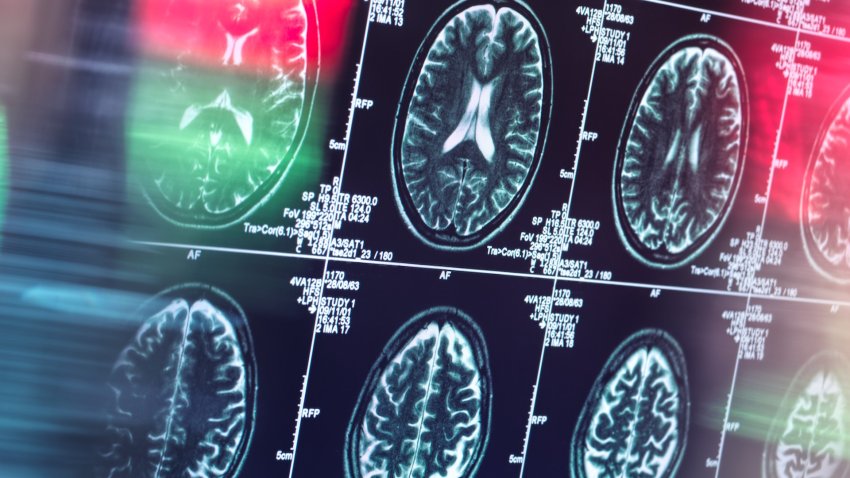
Study says a sedentary lifestyle can raise dementia risk
Researchers found a link between sedentary lifestyles and chronic illnesses that are linked with increased dementia risk.
-

WATCH: Boogie boarders catch waves in bioluminescence
Boogie boarders caught some waves in bioluminescence at Huntington Beach, Calif., on Sept. 5.
-
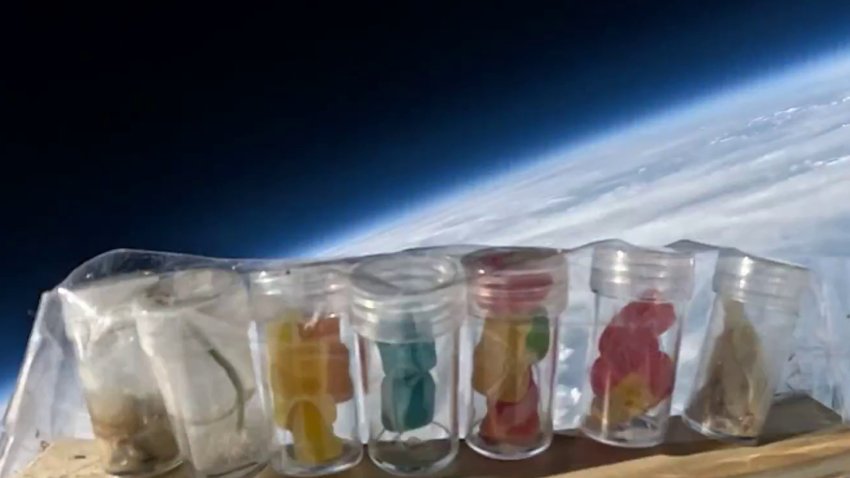
NYC kids launch balloon with gummy bears and marshmallows into space
The balloon came equipped with a GoPro camera to record the journey, as well as some snacks — but not for eating on the way.
-
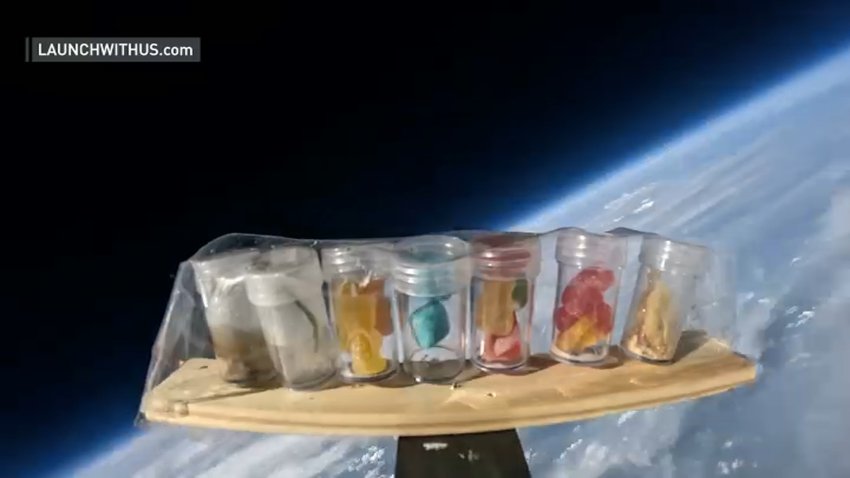
NYC kids launch balloon with gummy bears and marshmallows into space
The children from the Taft Houses NYCHA complex sent a balloon into the atmosphere and caught the whole journey on GoPro video.

